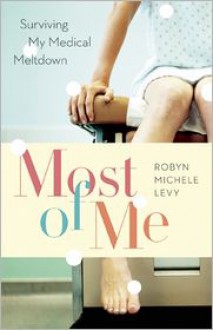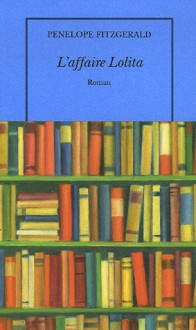 It’s 1968, the year following the Summer of Love. “There’s a whole generation with a new explanation.” Anna Rossi is one of them, a twenty-three-year-old woman from a middle-class family who describes her life as “a set of random chromosomes adrift in a meaningless life. Useless, weak, a creature of clashing impulses.”
It’s 1968, the year following the Summer of Love. “There’s a whole generation with a new explanation.” Anna Rossi is one of them, a twenty-three-year-old woman from a middle-class family who describes her life as “a set of random chromosomes adrift in a meaningless life. Useless, weak, a creature of clashing impulses.”
Anna is also conflicted. She’s Jewish, though loath to reveal or accept it, the anti-Semitic incidences in her life leaving her feeling “isolated, insecure, and vulnerable.”
After college, her parents pay for a summer in Europe. She heads for the continent with a friend, but when her friend bails on her in Greece, Anna has a decision to make: head home or continue on by herself.
A young man suggests they hitchhike together and her decision is made. A few days later, when they’re offered a ride by Max, a charming, attractive German with obviously more means than her backpacking partner, she decides he would make a more suitable traveling companion. Besides, Max is heading to Yugoslavia, and the Balkans have always intrigued Anna.
Though affable and unthreatening, Max has an agenda other than playing guide to an American tourist. He reveals he’s a smuggler and that his contraband is the Mercedes he’s driving. Anna will make a good foil when dealing with suspicious border officials if she’s willing. Without hesitation, or consideration of the consequences, Anna agrees. Traveling with Max through Yugoslavia, she’s introduced to Spiro and a cabal of associates and soon finds herself seduced by the rich culture and passionate people of this chaotic region of Europe.
As she tries to reconcile her own identity and understand that of Spiro's, her lover, she becomes embroiled in the intrigue and violence spawned by ethnicity, politics, personal jealousy, and centuries of tortured history.
Despite the author Michele Levy, digging deep into the dark machinations of the land and its people, I was not able to understand why Anna was so interested, especially considering the anti-Semitic undertones and her anxiety about being Jewish. Characters in the novel are well-drawn through dialogue and action. In the case of the protagonist, it isn’t flattering. The reader comes to know a young woman who lacks initiative and is passive, impressionable, irresponsible, and incredibly naïve for her age. Living in the countryside with Spiro, Anna readily takes on the subservient role of his peasant wife doing domestic chores and gardening, but I got the impression once she tired of it, which she no doubt would, she’d simply buy a ticket and fly back to her privileged life in America. Unfortunately, events overtake her before boredom does.
Anna’s Dance: A Balkan Odyssey is an ambitious undertaking. It’s part tragic love story, part history lesson, and part travelogue with well-written descriptive passages evoking a simple people living in rustic villages amidst brooding mountains. Rich with drama and passion, it’s a poignant story of love and misadventure, the clash of culture and attitudes, and how, as much as we’d like to think otherwise, we’re all captives of our personal and collective history.
- Review for City Book Review

 Log in with Facebook
Log in with Facebook 







